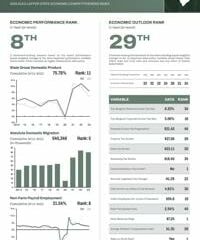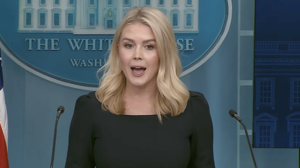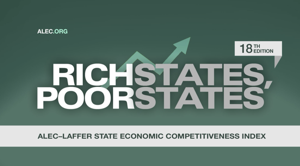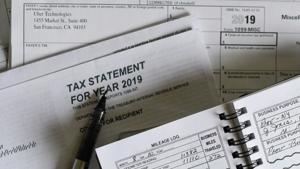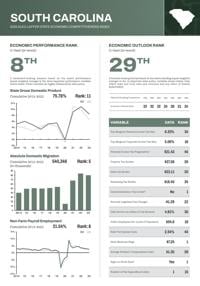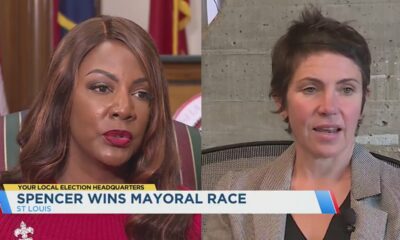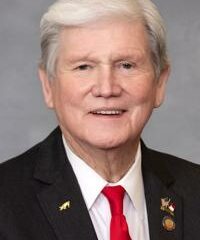(The Center Square) – A bill that would add several protected classes to nondiscrimination provisions that apply to public schools in Washington state, received a public hearing Monday in the House Education Committee.
Senate Bill 5123, which passed the full Senate March 6, would add ethnicity, homelessness, immigration or citizenship status, and neurodivergence to protected status. It also separates sexual orientation, gender expression and gender identity, into three separate protected classes when it comes to public schools.
The first person to testify in the hearing said his son is transgender, and he urged committee members to support the bill.
“Hopefully the day after it is passed, my kid would be a little safer than the day before it’s passed,” said Dan Novogrodsky as he choked back tears.
Dawn Land testified against the bill.
“We can’t give special rights and extra rights to a special class when it takes rights away from others, like women,” said Land.
“5123’s definition of sexual orientation is also contrary to federal regulation as of Jan. 20, 2025,” she said, referring to President Donald Trump’s executive order declaring that only two sexes, male and female, would be recognized. “To pass this jeopardizes federal funding of government schools of Washington state.”
Amy Cannava with the WA State Association of School Psychologists argued the bill is needed so that each proposed protected class is individually recognized.
“Enumeration matters. We know that policies that don’t specifically identify enumerated protections for specific groups, create loopholes by in which student rights against bullying and intimidation are not truly protected,” said Cannava.
Grace Nyblade also testified in support of the bill.
“There have always been more than two genders, going back hundreds of years. I understand that is not a popular opinion right now; however, it does keep children alive. If these children have adults that support them, it increases their safety,” said Nyblade.
Several Republican members of the committee suggested the bill is unnecessary as there are already student protections from discrimination and harassment in current state and federal law.
“Enumerated rights are codified in the constitution of the United States,” said Rep. Matt Marshall of Eatonville. “I would make the assumption that we all agree persons should not be discriminated against or subject to bullying, harassment or intimidation or be afraid.”
Sharon Damoff said she too is concerned about the loss of school funding because of contradictions with federal law.
“If you pass this law, Washington will be in conflict with federal policy and it will cost the state billions in funding. We also don’t want to spend millions on a court battle trying to fight the federal guidelines, which are based on common sense. Boys should participate in boys’ sports, not girls’,” said Damoff. “Making gender identity a protected class would actually be discriminatory against girls because it would deprive them of their right to privacy, safety and fair sports.”
Tonya Hickman, a member of the Lynden School Board, also spoke against the bill.
“Kids are doing a lot of self-diagnosing, and I think this puts this gender affirming ideology and school boards in a very precarious situation when teachers are not licensed professionals with the ability to diagnose,” said Hickman. “These controversial bills are a large part as to why parents are withdrawing their children from public education.”
As previously reported by The Center Square, enrollment in state Washington public schools as of June, 2024 was down 4% since 2019, with many of those students now enrolled in private schools, charter schools or home school programs.
When the bill passed the Senate earlier in March, it fell along party lines on a vote of 30-19, with no Republicans in support and every Democrat in favor of passage.



